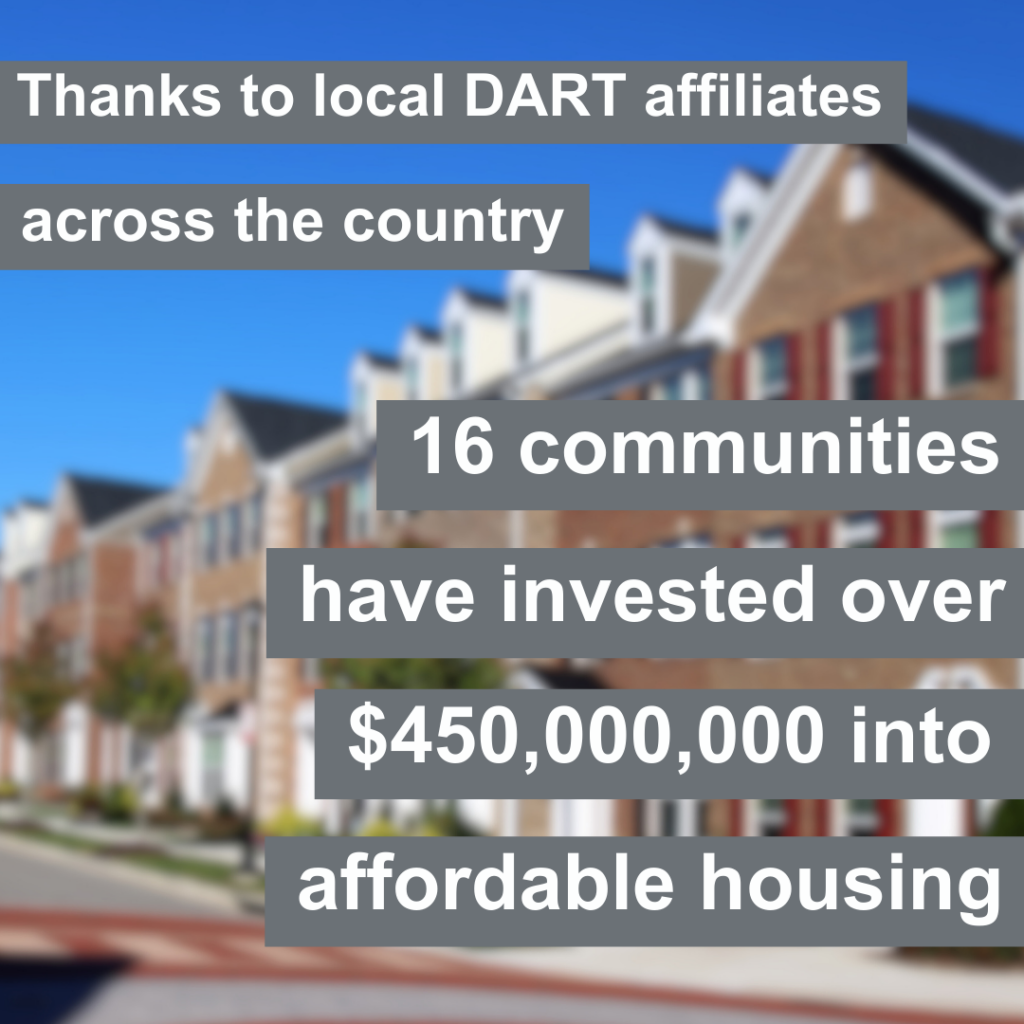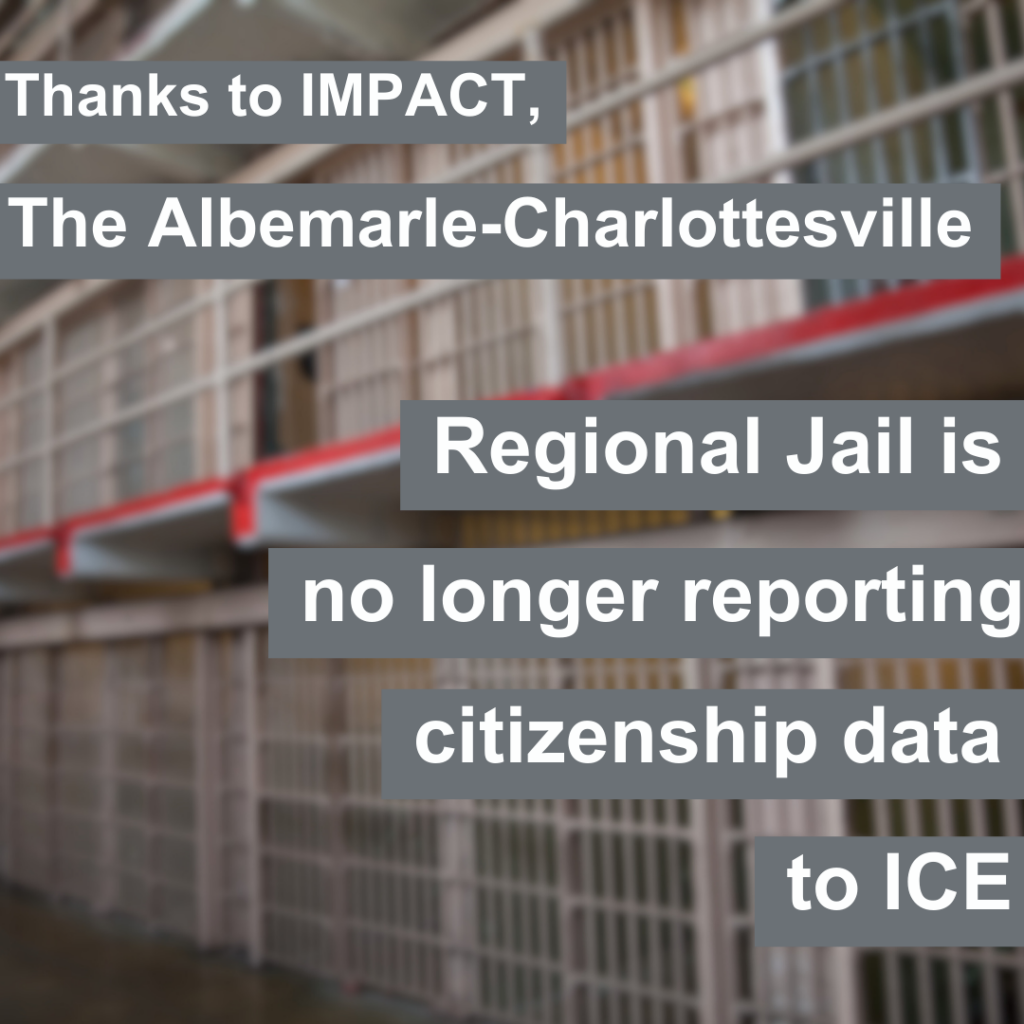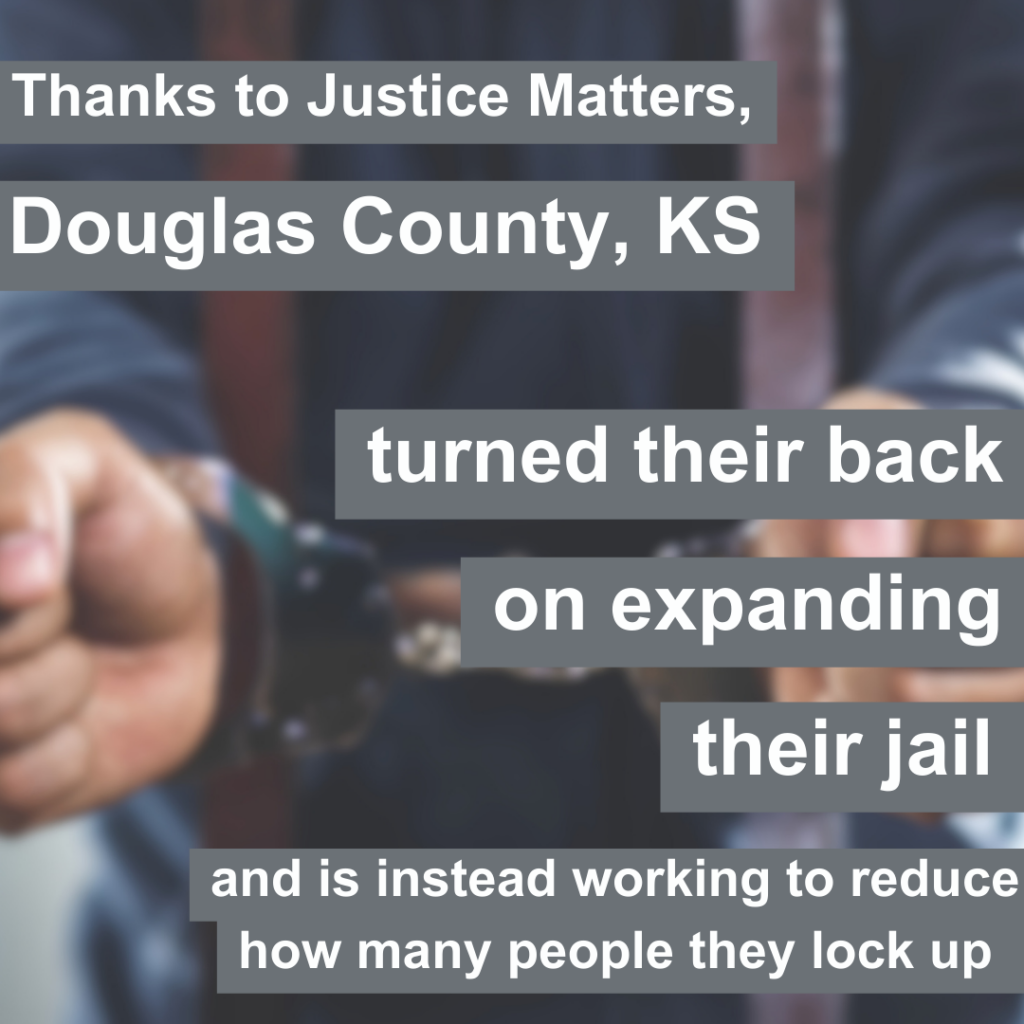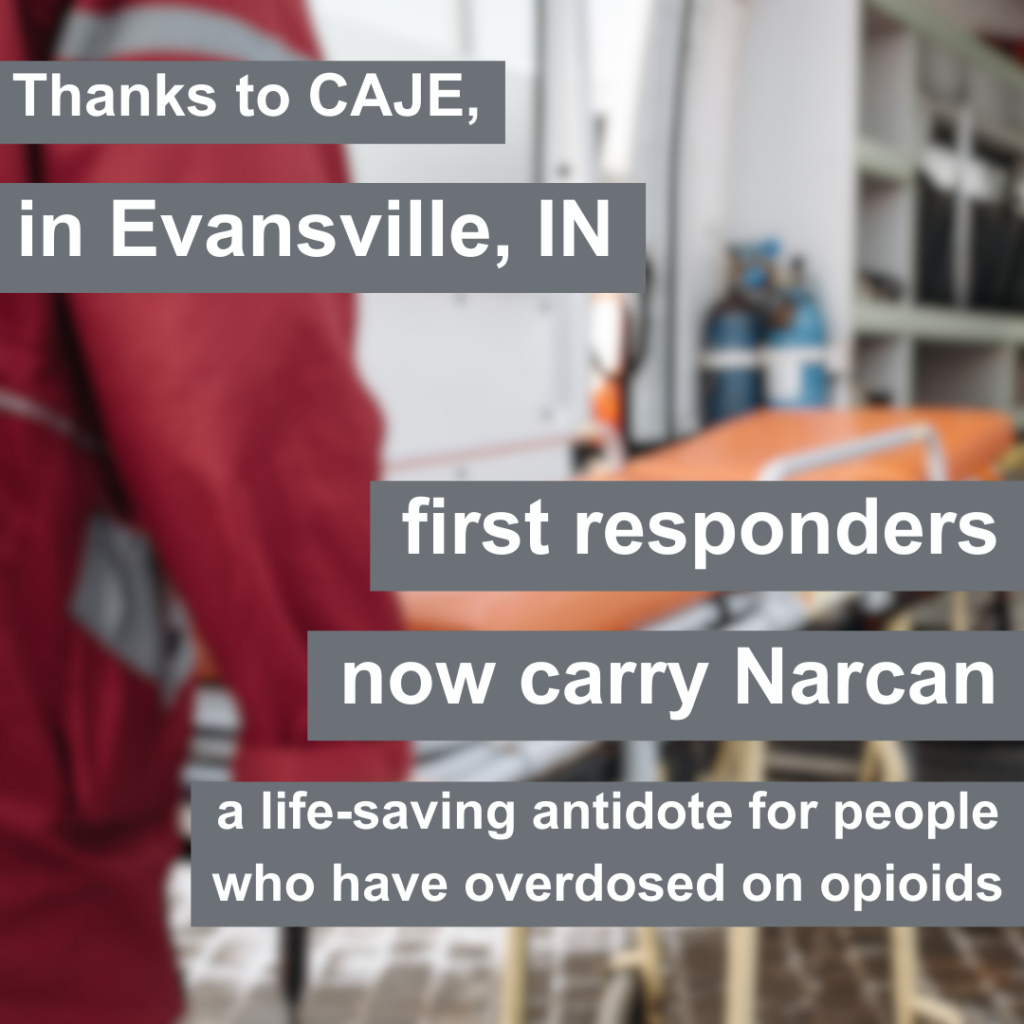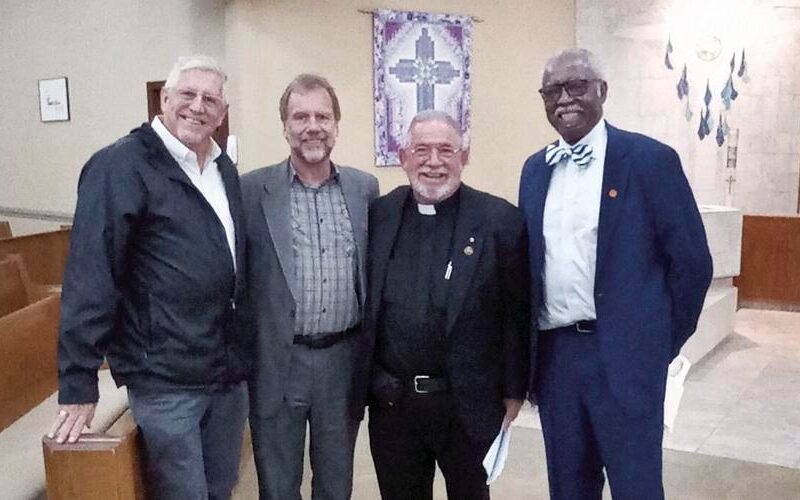Each DART affiliated organization is completely made of and run by local community members. Every decision — including which community problems to tackle — is determined by those who live in the community and who are directly impacted by these issues. Examples of issues our organizations have taken on include:
Every issue we tackle is community-driven
Affordable Housing
We’ve collectively leveraged over $450 million to make sure people aren’t priced out of their communities.
School to Prison Pipeline
We’ve ensured that more than 650 schools have fair discipline policies, creating a break in the school to prison pipeline.
Criminal Justice
Thanks to DART’s Florida Criminal Justice Collaborative, 60,000 fewer children have been arrested in the state of Florida since 2014.
Public Transportation
We’ve leveraged nearly $950 million for public transportation, making sure that people can get to work, home, or wherever they need to go.
OUR IMPACT
We get results
Our local work is changing systems.
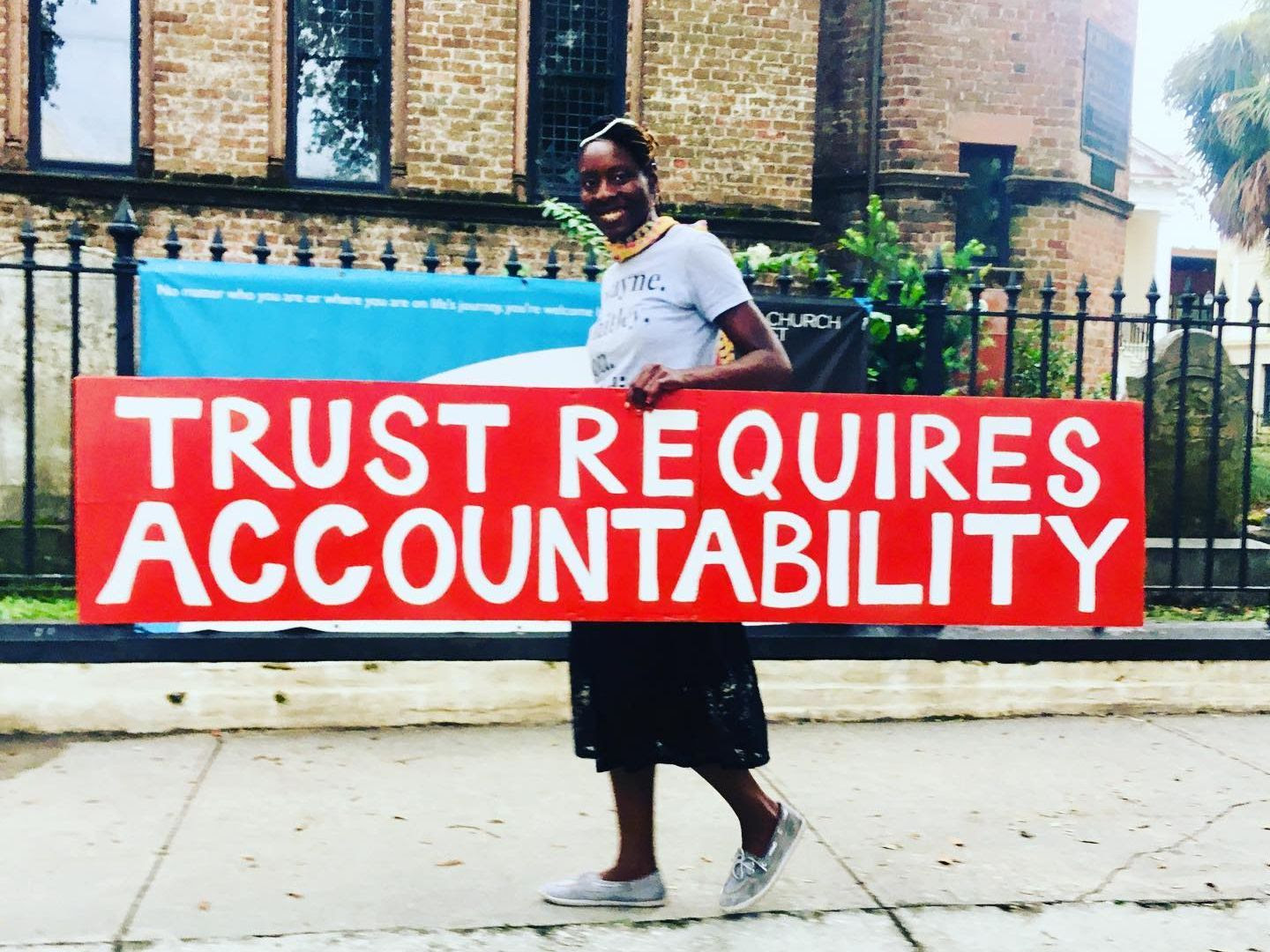
ANTI-RACISM
Our work is changing racist systems
It is apparent, due to centuries of intentional policy decisions by those in power, that Black people and other people of color in this country are treated unjustly on a systemic level. Whether our local affiliates are holding systems accountable to fair policing, equitable public transit, or access to mental healthcare, systemic racism is at the heart of every issue campaign we tackle.
Caring for Creation
The fight for environmental justice is happening on a local level
Poor and marginalized communities are disproportionately being hurt by pollution, rising sea levels, increased flooding, higher energy costs, and more frequent and vicious hurricanes and storms related to changes in the environment. 17 DART affiliates across the country are working together to lay the groundwork on addressing issues of climate and environmental justice through our network-wide Caring for Creation initiative that was launched in January of 2021.
What are the goals of Caring for Creation?
- To engage local organizations in campaigns to identify and address the local impact of environmental changes on our community.
- To empower community members to overcome the impacts and address the root causes of climate change.
- To raise the profile of how these environmental changes hurt poor and marginalized communities the most.
What local communities are involved?
- Charleston, SC
- Charlottesville, VA
- Columbia, SC
- Columbus, OH
- Evansville, IN
- Fort Lauderdale, FL
- Fort Myers, FL
- Jacksonville, FL
- Knoxville, TN
- Miami, FL
- Palm Beach County, FL
- Pinellas County, FL
- Polk County, FL
- Richmond, VA
- Sarasota, FL
- Tampa, FL
- Volusia County, FL
What have we won so far?
Our affiliates are fighting for local, sustainable solutions to environmental injustices. A few of our victories include:
- Over $22 million allocated in local budgets to solve serious climate problems
- $600,000 for 8 new bus drivers in Charlottesville, VA – this will help reach the goal of getting to under 15 minute wait times on the 2 most popular bus routes and moving Charlottesville to be less reliant on gas guzzling cars
- $1.2 million in Tampa, FL to revitalize 2 stormwater ponds with green infrastructure and native trees, and further commitments to support the revitalization of 3 other ponds in East Tampa, a historically disenfranchised community
- $800,000 in Richmond, VA and another $1 million budgeted for a mobile home repair and replacement program to address issues with extreme heat/cold and other safety and health issues with aging mobile homes
The latest
Caring for Creation in the news
Criminal Justice Collaborative
We are changing the criminal justice system
The criminal justice system in the United States disproportionately targets people of color as well as poor people, ruining lives and separating families. While many of our local affiliates work for criminal justice reform on a local level, our network of organizations across Florida has worked together since 2014 to reduce excessive arrests across the state.
Florida’s incarceration rate is 23% higher than the national average — and if Florida were its own country, they would be arresting more people than any other country in the world. Even worse, FBI data from 2013 showed that Florida was arresting more children than any other state.
What are the goals of DART's Criminal Justice Collaborative?
In 2014, DART organizations based in Florida started working together to cut the number of kids being arrested and charged with crimes for silly childhood mistakes. The way we sought to do this was by expanding access the state’s civil citation program. This programs allows children who commit first time, misdemeanor offenses to face consequences for their misbehavior without being branded for life with a criminal record. Our goal is to ensure that all children in Florida get access to this successful program.
What impact has the Collaborative had?
- Since 2014, 60,000 fewer children were arrested in the state of Florida because of our work.
- In 2014 only 38% of children in Florida received access to civil citations in place of an arrest record. Now, close to 60% receive access.
- In locations where DART organizations are most active — like Pinellas, Miami-Dade, Polk, and Duval counties — more than 90% of children get access to civil citations.
What is the Collaborative currently working on?
What local Florida communities are involved?
- Broward County
- Brevard County
- Fort Lauderdale
- Fort Myers
- Jacksonville
- Miami
- Palm Beach County
- Pensacola
- Pinellas County
- Polk County
- Sarasota
- Tallahassee
- Tampa
- Volusia County
Does DART only work on criminal justice issues in Florida?
While Florida is the only state where DART has a coordinated state-wide effort to create criminal justice reform, many other local affiliates across the country are working for local and criminal justice reform and police accountability. You can read the latest on their efforts below.



